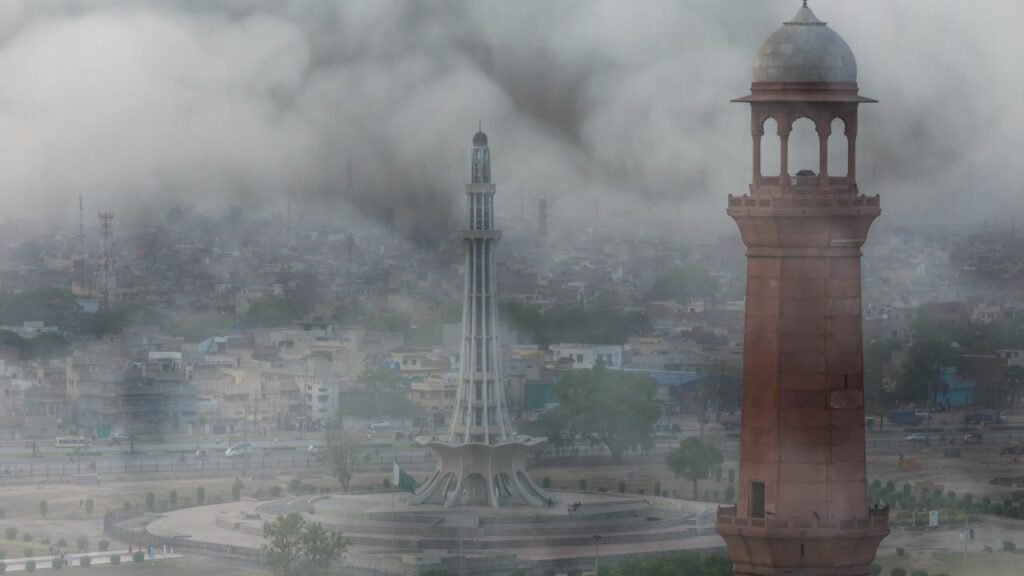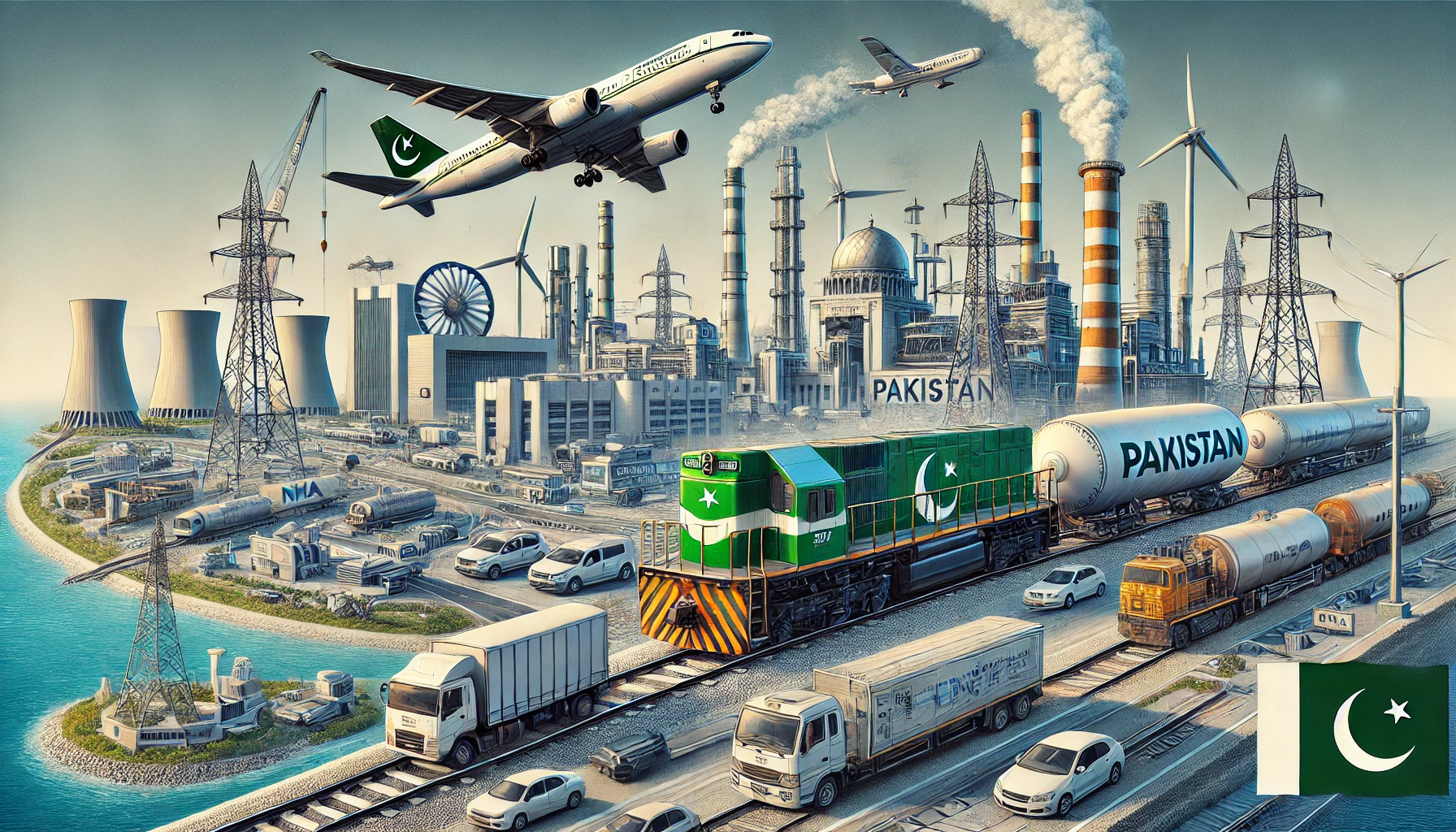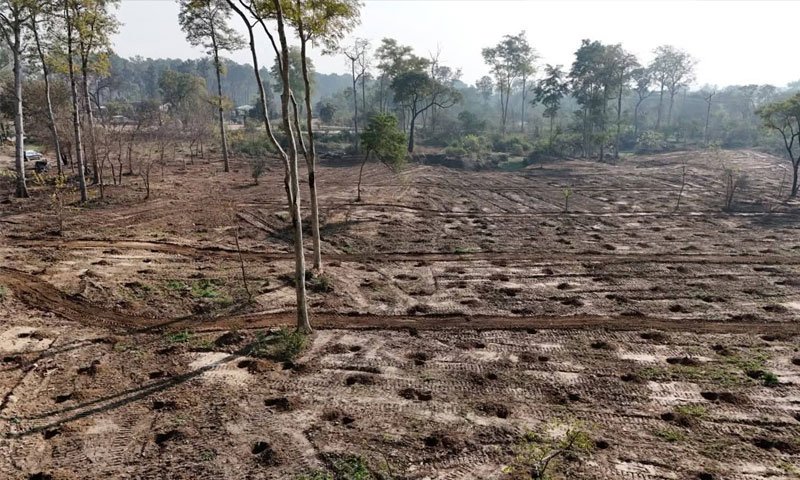Arshad Mahmood Awan
UN 2023 Water Conference “Our watershed moment: uniting the world for water.”
Water is fundamental to all aspects of life. Water is inextricably linked to the three pillars of sustainable development and integrates social, cultural, economic and political values. It is crosscutting and supports the achievement of many SDGs through close linkages with climate, energy, cities, the environment, food security, poverty, gender equality and health, amongst others. With climate change profoundly affecting our economies, societies and environment, water is the biggest deal breaker to achieving the internationally agreed water-related goals and targets, including those in the 2030 Agenda for Sustainable Development. The ongoing water and sanitation crisis threatens everyone as poor water management increases or multiplies the risks in all aspects of life.
The COVID-19 pandemic has exposed our shared vulnerabilities and reminded us of our common destiny. Populations are growing, agriculture and industry are getting more water-intensive, and climate change is worsening. With a functioning, resilient water cycle for everyone everywhere, human health and environmental integrity will always be protected, and a sustainable, equitable future will remain within reach. Today, a quarter of the global population – 2 billion people – use unsafe drinking water sources. Half of humanity – 3.6 billion people – live without safely managed sanitation. And 1 in 3 people – 2.3 billion – lack basic handwashing facilities at home.1 Over 80% of wastewater is released into the environment without being treated or reused, and droughts could be the next pandemic.https://republicpolicy.com/the-significance-of-water-and-sanitation-for-a-country/
Almost three-quarters of all recent disasters are water-related, having caused economic damage of almost US$700 billion in the past 20 years. However, water does not only present us with challenges. It also presents us with a great opportunity. If we understand the complex relations and interlinkages, value water holistically, and manage water inclusively at all levels and across all interests. Water can be the dealmaker, the leverage point for a green economy, climate resilience and a more sustainable and inclusive world. Because of its many interlinkages, water can bring together all stakeholders (individual, institutional, informal) to forge coalitions, strengthen capacities and provide solutions to be replicated and scaled. For this to happen, there is a need to move away from single, targeted and reactive short-term actions towards more holistic, integrated and future-oriented approaches and projects. We must meet environmental, cultural, social and economic challenges with sustainable, equitable and resilient solutions, identify hotspots and innovative opportunities that can be scaled up, including blue and green investment opportunities, and build capacities across all layers of society – informal, individual and institutional, across borders, boundaries and sectors.
The world needs to find a new balance to ensure sustainable water development for people, economy and nature – and respect the planetary boundaries whilst investing in adaptation for resilient communities, economies and ecosystems. We know what we have to do. We must work up to four times faster to get on track to meet Sustainable Development Goal 6 – to ensure the availability and sustainable management of water and sanitation for all by 2030. Let us act now with the speed and priority commensurate with the urgency of this crisis. In this context, the United Nations General Assembly proclaimed in its resolution 71/222 the period from 2018 to 2028 as the International Decade for Action, “Water for Sustainable Development”, aiming to improve cooperation, partnership, capacity development further and catalyze actions in response to the ambitious United Nations 2030 Agenda for Sustainable Development. To successfully implement the goals and objectives of the Water Action Decade, including SDG 6 and other internationally agreed water-related goals and targets, in 2018, the UN General Assembly adopted resolution 73/226 on the comprehensive midterm review of the implementation of the International Decade for Action, “Water for Sustainable Development”, 2018–2028, in which it decided to convene, in New York, from 22 to 24 March 2023, the United Nations Conference on the Midterm Comprehensive Review of the Implementation of the Objectives of the International Decade for Action, “Water for Sustainable Development”, 2018–2028, or the “UN 2023 Water Conference”.
In December 2020, the General Assembly adopted resolution 75/212 detailing the modalities for this Conference. The Netherlands and Tajikistan, as co-hosts of the Conference, will strive to make the Conference a watershed moment for the world. Our vision for the Conference is that we all fundamentally understand, value, and manage water better and take concerted action to achieve the internationally agreed water-related goals and targets, including those in the 2030 Agenda for Sustainable Development. While the Water Action Decade is an essential enabler for the 2030 Agenda, including SDG 6, additional enhancement of a UN system-wide approach to water is necessary for achieving water-related goals and targets and reinforcing the international water voice and cross-sectoral connections. The preparatory process and the Conference will be grounded in a foundation of consistency, continuity and commitment, making sure that coalitions forged, opportunities identified, and promises made can lead to impactful results, replication and scaling up, ensuring that 2023 is indeed the springboard for catalyzing action for water security for all.https://republicpolicy.com/want-to-live-longer-drink-water/
The preparatory process and the Conference itself will seek to shine the spotlight on commitments that create impact and set a clear agenda for the second half of the Decade and beyond until 2030 while promoting a longer-term approach and perspective going beyond 2030. There is a need to scale up commitments, including concrete actions and agreements, and an effort will be made to promote successful and scalable solutions.
According to a report published by the Pakistan Institute of Development Economics (PIDE) this year, more than 80 per cent of Pakistanis face “severe water scarcity” for at least one month each year. The report stated that Pakistan ranks 14 out of 17 countries designated as “extremely high water-risk” nations.
The situation has geopolitical significance due to Pakistan’s status as India’s lower riparian country. Pakistan receives over 78 per cent of India’s water inflows.
With the crisis posed by rivers and streams running dry, Pakistan’s dangerously depleted groundwater levels have left most parts of the country parched. If present trends persist, the entire country may face “water scarcity” by 2025, states the PIDE report.
Pakistan faces multiple challenges in water resources, management, storage and regulation, including drainage and flow. The water issues in Pakistan have national and international references. Most rivers flow from Indian-held Kashmir and a few from Afghanistan. Pakistan is primarily an Indus land, and all its tributaries flow from the areas once part of the geographical proximity until partition divided the natural geography. Then water management is a critical issue as Pakistan needs more water reservoirs in the form of dams, barriers, embankments and barricades. Moreover, water drainage and flow is also a critical issue in Pakistan as in floods; the administration cannot drain or flow the water to doward channels.
The federal and provincial governments must cooperate to manage the water in Pakistan. Firstly, water conflicts should be solved internationally and then, domestic issues in water distribution must be resolved through constitutional protections. The political resolution of national and international water conflicts is critical. Then, it should be followed by solid legislation and delegated legislation with assurances and guarantees. Administrative reforms are also crucial and water management and regulation. The provincial Irrigation Departments must improve their engineering and human resource capacity to cope with the challenges. Other national and provincial organizations should coordinate with the Irrigation departments for water management objectives. The local government is also critical for the purpose. City and rural planning are vital for water management, sanitation and drainage.https://republicpolicy.com/climate-change-food-security-agricultural-productivity-and-application-of-nuclear-technology/
Lastly, awareness is the way forward. The water-saving attitude should be promoted, and the water taxation policy should be implemented. Water is a natural resource, and thus, the government should hold possession rights. The water taxation policy shall only force people to use water sparingly; therefore, it will save water and generate income for the government. Then, Pakistan must achieve the targets of the UN Sustainable Development Goals and ensure their implementation.















